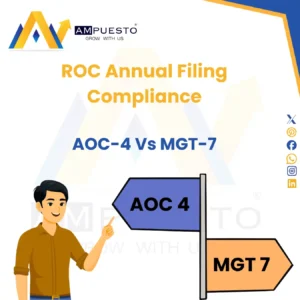What’s New
-
Section 122 of CGST Act – Penalties, Offences, and Practical Compliance Guide
-
Startup Incentives and Subsidies in India: Best Opportunities for Entrepreneurs
-
Common Compliance Mistakes That Get Indian Businesses Penalised
-
What is The Difference Between AOC-4 and MGT-7/7A?
-
Trademark Registration in India: Protecting Your Brand Identity
-

Common Mistakes to Avoid While Incorporating a Private Limited Company in India
-

The Future of Indian Taxation: Trends to Watch in 2026
-

Understanding Capital Gains on Property: Exemptions and Recent Amendments
-

Tax Planning vs. Tax Saving- Know the Difference





